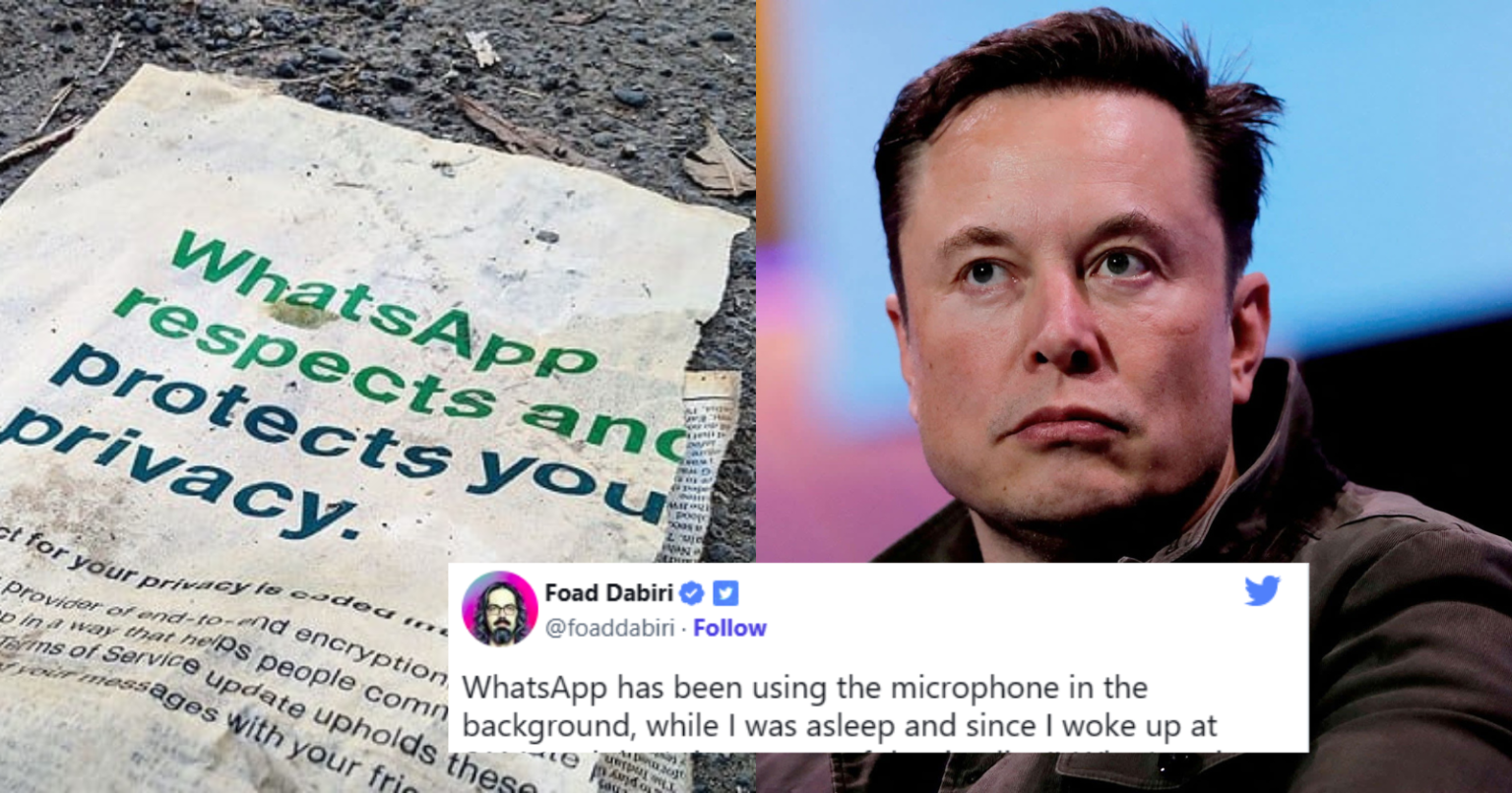Messaging apps have become an integral part of our daily lives, connecting people and facilitating communication in today’s globally linked society. With a massive user base of over 2 billion active users worldwide, WhatsApp has become one of the most widely used messaging apps. However, recent allegations of eavesdropping on private conversations have raised serious concerns about WhatsApp’s security and privacy.

WhatsApp’s end-to-end encryption has been a major factor in its popularity, providing users with a sense of anonymity and protection. The encryption ensured that messages exchanged between users on the platform were only accessible to the intended recipients and were practically impossible for others to intercept or decode. However, the recent accusations of WhatsApp eavesdropping on private chats have raised doubts about the platform’s commitment to user privacy.

According to reports, Fod Dabiri, Twitter’s director of engineering, claimed that WhatsApp had been accessing his phone’s microphone while he was asleep. These concerns were further amplified by Elon Musk, who stated that WhatsApp could not be trusted. These allegations have prompted many users to question the platform’s security protocols and consider alternative messaging apps that offer more robust security features.
Indian government has also declared an inquiry into any privacy violations by WhatsApp
WhatsApp has been using the microphone in the background, while I was asleep and since I woke up at 6AM (and that's just a part of the timeline!) What's going on? pic.twitter.com/pNIfe4VlHV
— Foad Dabiri (@foaddabiri) May 6, 2023
WhatsApp has responded to recent accusations of eavesdropping on private chats, stating that the problem is due to an Android fault resulting in inaccurate data on privacy dashboards. The messaging service has assured users that all calls and texts sent through its system are end-to-end encrypted, ensuring that no one can view or hear them. In a formal statement, WhatsApp explained that it had contacted the Twitter engineer who made the claims and requested that Google investigate and fix the issue. Additionally, the service emphasized that users have full control over their microphone settings and can adjust them as needed.

Despite WhatsApp’s assurances, the accusations have sparked concerns among users regarding their privacy. Many are now seeking ways to safeguard their conversations and prevent potential eavesdropping through their device’s microphones. As messaging apps have become a ubiquitous part of daily life, maintaining privacy and security while using these platforms has become increasingly important. It remains to be seen how WhatsApp will address these concerns and maintain user trust moving forward.
How to change the microphone settings in WhatsApp?
To safeguard your privacy, you need to change your microphone settings. So, to change microphone settings in WhatsApp, you need to follow the below-mentioned steps:
- Access the settingsapp on your smartphone.
- Scroll through the options until you find the privacysection, then tap on it to proceed.
- Look for a permission manageror a similar option within the privacy settings.
- Within the permission manager, locate the microphone settingand tap on it.
- In the list of apps that appears, search for WhatsApp.
- Upon selecting WhatsApp, a new screen titled “microphone access for this app”will appear.
- Within this screen, you will encounter three choices: allow only while using the app, ask every time, and don’t allow.
- To maintain control over WhatsApp’s microphone accessibility, you can opt for either the ask every timeor don’t allow” option.
These simple steps allow you to customize the microphone settings in WhatsApp based on your preferences. It is important to note that selecting “Don’t Allow” will disable the ability to make calls and send voice notes through WhatsApp. As a result, it is recommended to choose the “Ask Every Time” option to ensure maximum flexibility and functionality.
